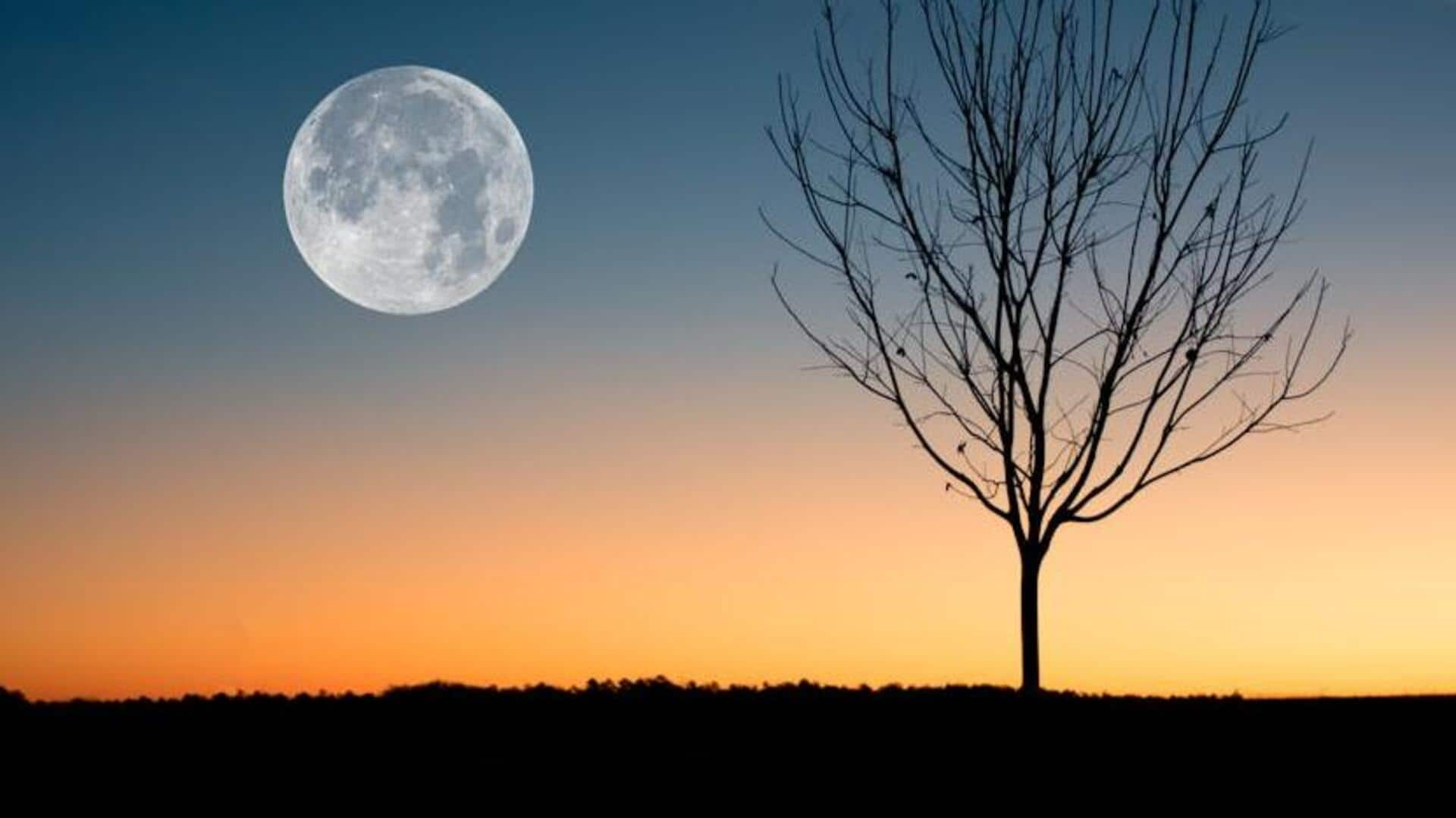
The luminous moons: Lunar festivals in India and Japan
What's the story
Lunar festivals in India and Japan are more than just celebrations of the moon; they're a vibrant part of each country's cultural heritage, honoring ancient traditions, myths, and rituals that have been passed down for generations.
These festivals serve as a communal heartbeat, providing a window into the deep spiritual and social importance of the moon in these two distinct cultures.
Diwali
Diwali: The festival of lights
In India, Diwali is the biggest lunar festival, symbolizing the triumph of light over darkness.
Celebrated between October and November, millions across the nation illuminate diyas (oil lamps), burst fireworks, and exchange sweets with friends and family.
Homes are spruced up and adorned to invite Lakshmi, the goddess of wealth.
Tsukimi
Tsukimi: Moon-viewing tradition
Japan's Tsukimi or "moon-viewing" festival is celebrated in September or October.
Families come together to appreciate the full moon's beauty, offering rice dumplings known as dango to express thanks for a successful harvest.
Decorations made of pampas grass represent a prayer for a rich harvest and prosperity.
This tradition embodies Japan's profound respect for and harmony with nature's rhythms.
Karwa Chauth
Karwa Chauth: A day for love and longevity
Married women in northern India observe Karwa Chauth.
They fast from sunrise to moonrise without food or water, for the long life and prosperity of their husbands.
The fast is only broken after sighting and making offerings to the moon.
This festival highlights the significance of love, sacrifice, and marital bliss within Indian culture.
Otsukimi Redux
Otsukimi: Integrating tradition with modern celebrations
Although the tradition of Tsukimi originated over 1,000 years ago, modern celebrations often incorporate a mix of old and new.
In addition to traditional observances, people in Japan enjoy contemporary festivities such as moon-viewing parties at hotels or special events at temples and shrines throughout the country.
These can include tea ceremonies under the full moon or concerts celebrating the moon's beauty.
Harvest Moon
Harvest Moon Festival: A shared cultural moment
Both nations observe harvest moon festivals, paying tribute to agricultural abundance under autumn's full moon.
In India's countryside, it aligns with Sharad Purnima. Villagers craft kheer (rice pudding) left under moonlight to soak up lunar blessings, thought to gain healing properties.
In Japan, Tsukimi, they offer dango and seasonal fruits as expressions of gratitude for nature's generous gifts.